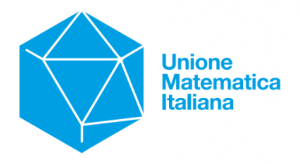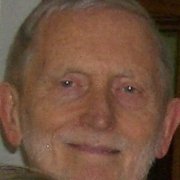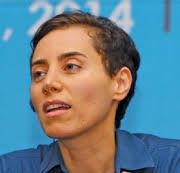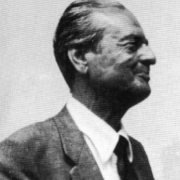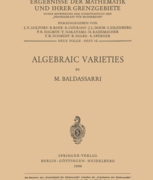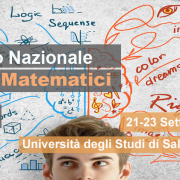SEMINARIO NAZIONALE SUI LICEI MATEMATICI
organizzato
da UMI-CIIM e dal Dipartimento di Matematica dell’Università di Salerno
con un contributo del Piano Lauree Scientifiche
Fisciano (Università di Salerno), 21-23 settembre 2017
giovedì 21 settembre pomeriggio
- 15.00 Apertura dei lavori
- 15.15 Ileana Rabuffo (Università di Salerno – Presidente della Commissione Didattica
Permanente della Società Italiana di Fisica), L’eleganza della matematica: una risorsa per la
fisica
- 16.00 Paolo Maroscia (Sapienza Università di Roma, gruppo “Matematica e Letteratura”),
Perché collegare la matematica e la letteratura, e come? Riflessioni e proposte
- 16.45 break
- 17.00 LABORATORI
venerdì 22 settembre mattina
- 9.00 Saluti istituzionali al Convegno
- 9.30 Francesco Saverio Tortoriello: La nascita e lo sviluppo del Liceo Matematico
- 10.00 PANEL SUI MODELLI FORMATIVI DELLE SEDI CHE HANNO ATTUATO IL LM (struttura e organizzazione generale: quadri orari, ruolo degli insegnanti e degli universitari, modelli per la formazione degli studenti e degli insegnanti, convenzioni, legami con il PLS, prova d’ingresso, valutazione, …) – intervengono: Claudio Bernardi (La Sapienza Università di Torino), Antonio di Nola (Università di Salerno), Ornella Robutti (Università di Torino)
- 11.00 DISCUSSIONE
- 11.30 break
- 12.00 INTERVENTO/I di rappresentanti MIUR o USR
venerdì 22 settembre pomeriggio
- 15.00 PANEL SULLE ESPERIENZE FORMATIVE DELLE SEDI CHE HANNO ATTUATO IL LM (finalità, obiettivi, contenuti matematici e contenuti interdisciplinari, attività, programmazione) – intervengono: Ferdinando Arzarello (Università di Torino), Roberto Capone (Università di Salerno), Enrico Rogora (Sapienza Università di Roma)
- 16.00 DISCUSSIONE
- 16.30 INTERVENTI
- 17.30 break
- 18.00 INTERVENTI
- 19.00 DISCUSSIONE
sabato 23 settembre mattina
- 9.00 INTERVENTI
- 10.00 DISCUSSIONE
- 10.30 break
- 11.00 TAVOLA ROTONDA ISTITUZIONALE E CULTURALE sul tema Il liceo matematico: un’occasione per ripensare l’insegnamento della matematica nelle Superiori – relatori: Ciro Ciliberto, Roberto Tortora, Daniele Boffi
- 12.00 DISCUSSIONE SULLA TAVOLA ROTONDA
- 12.30 PROPOSTE PER IL FUTURO
- 13.00 CONCLUSIONE DEI LAVORI
I relatori dei vari interventi saranno sia docenti universitari sia insegnanti delle sedi in cui il progetto è partito (Salerno, Roma Sapienza, Torino, Cosenza, Roma Tor Vergata, ecc.) e anche delle sedi in cui si prevede l’attivazione del Liceo Matematico dal 2017-18 (Catania, Firenze, Palermo, Pisa, ecc.).
A partire dal pomeriggio di giovedì 21 e per tutta la durata del Convegno sarà organizzata una esposizione di poster. Chi intenda presentare un poster (formato A0) è pregato di mandare una bozza del poster entro il 4 settembre agli indirizzi che saranno comunicati in seguito.
INFORMAZIONI al link
www.dipmat2.unisa.it/iniziative/senalima2017/index.html
comitato scientifico
Claudio Bernardi (Sapienza Università di Roma)
Ciro Ciliberto (Presidente UMI; Università di Roma Tor Vergata)
Ornella Robutti (Università di Torino)
Enrico Rogora (Sapienza Università di Roma)
Carlo Toffalori (Università di Camerino)
Roberto Tortora (Presidente CIIM; Università di Napoli)
Francesco Saverio Tortoriello (Università di Salerno)
comitato organizzatore
Domenico Calabrò, Roberto Capone, Cristina Coppola, Umberto Dello Iacono, Flora Del
Regno, Immacolata D’Acunto, Francesco Laudano, Francesco Saverio Tortoriello (Università
di Salerno)
